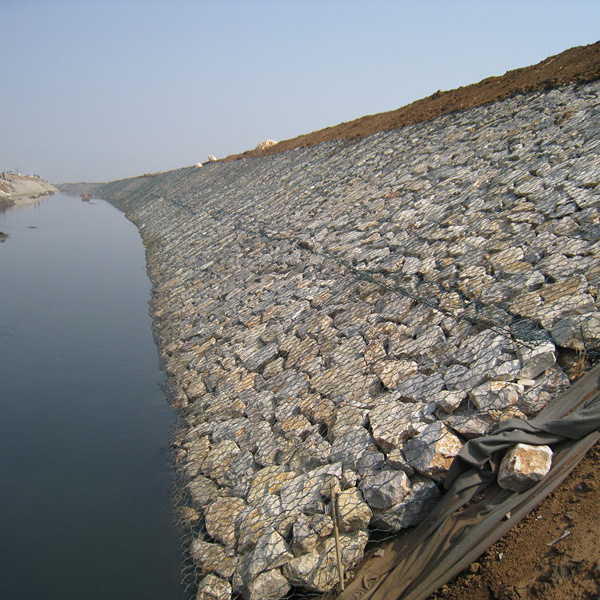dec. . 04, 2024 22:31 Back to list
Durable Wire Mesh Solutions for Gabion Walls in China
Understanding China Gabion Wall Wire Mesh Benefits and Applications
Gabion walls have gained significant popularity in recent years, particularly in construction and landscaping projects. Among the various materials used for constructing gabion walls, wire mesh plays a crucial role, especially the ones manufactured in China. This article will delve into the features, advantages, and diverse applications of China gabion wall wire mesh.
What is a Gabion Wall?
A gabion wall is a structure made from stacked stone-filled gabions, which are wire mesh cages or boxes. The primary purpose of these walls is to provide stability, erosion control, and aesthetic enhancement in different environments. The wire mesh acts as a container, holding the rocks and stones together, which can vary in size and shape, depending on the design requirements.
Types of Wire Mesh Used in Gabions
The wire mesh used in gabion construction is typically made from high-quality steel. It can be galvanized, PVC-coated, or made from stainless steel, each variant offering differing levels of durability and corrosion resistance. The choice of material will depend on the specific project requirements and environmental factors.
1. Galvanized Wire Mesh This is the most commonly used type. It is coated with zinc to prevent rust and corrosion, making it suitable for a variety of climates.
2. PVC-Coated Wire Mesh This type offers additional protection against environmental elements. The PVC coating enhances the durability of the gabion by preventing corrosion and extending its lifespan.
3. Stainless Steel Wire Mesh Although more expensive, stainless steel mesh is ideal for high-end projects and environments where extreme durability is necessary, such as coastal areas or in chemical-rich environments.
Benefits of Using Gabion Walls
1. Erosion Control Gabion walls are excellent for preventing soil erosion on slopes and riverbanks. They dissipate the energy of flowing water, reducing the risk of soil displacement.
2. Cost-Effective Compared to traditional retaining walls, gabion walls are often less expensive to construct. They utilize locally sourced materials, which can save on transportation costs.
china gabion wall wire mesh

4. Flexibility and Adaptability Gabion walls can be constructed in various shapes and sizes, allowing for flexibility in design. They can be easily adapted to fit any topographical requirement.
5. Sustainability Gabion walls are considered an environmentally friendly option as they often use natural materials and promote vegetation growth, which enhances biodiversity.
Applications of Gabion Wall Wire Mesh
The applications of gabion walls are diverse and span multiple industries. Common uses include
1. Civil Engineering They are frequently used as retaining walls, slope stabilization solutions, and riverbank protection.
2. Landscaping Gabion walls are popular in landscaping design for aesthetic structures like garden borders, seating areas, and decorative features.
3. Infrastructure Their robustness makes them suitable for constructing noise barriers along highways or railways.
4. Flood Control Gabion walls can serve as temporary flood barriers during natural disasters, protecting infrastructure and communities.
Conclusion
In summary, China gabion wall wire mesh is a versatile and effective solution for various construction and landscaping challenges. Its benefits, including erosion control, cost-effectiveness, aesthetic appeal, and environmental sustainability, make it an attractive choice for professionals in civil engineering and landscaping alike. As construction technology continues to evolve, the importance of gabion walls in modern infrastructure is expected to grow, presenting new opportunities for innovative design and application.
-
Visualizing Gabion 3D Integration in Urban Landscapes with Rendering
NewsJul.23,2025
-
The Design and Sustainability of Gabion Wire Mesh Panels
NewsJul.23,2025
-
The Acoustic Performance of Gabion Sound Barriers in Urban Environments
NewsJul.23,2025
-
Mastering the Installation of Galvanized Gabion Structures
NewsJul.23,2025
-
Gabion Boxes: Pioneering Sustainable Infrastructure Across the Globe
NewsJul.23,2025
-
Custom PVC Coated Gabion Boxes for Aesthetic Excellence
NewsJul.23,2025
-
Installation Tips for Gabion Wire Baskets in Erosion Control Projects
NewsJul.21,2025






